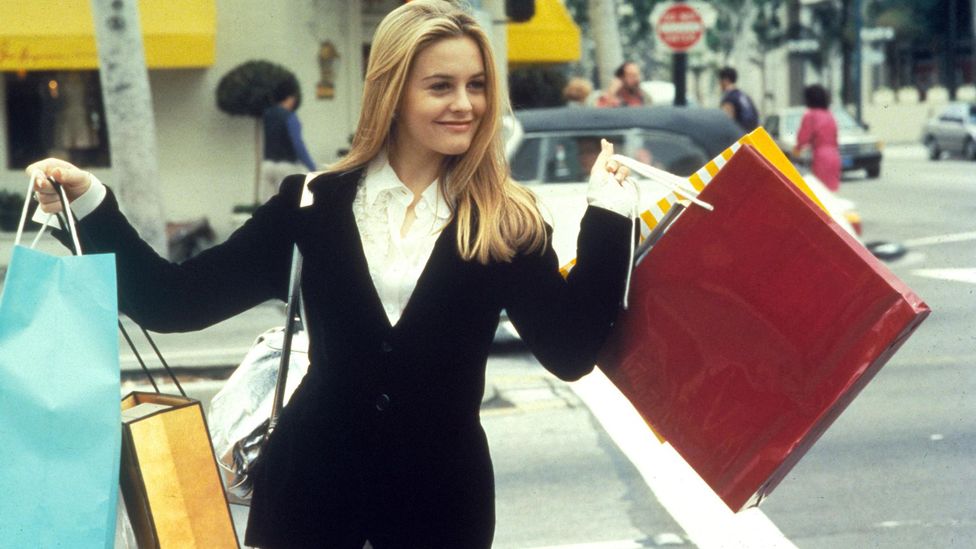Interestingly, it’s rare to find equivalent school-based literary adaptations made by filmmakers outside of the US. So why has it become such a US tradition? “Maybe because we’re a country of thieves and co-opters,” Smith muses. “Also, those of us who grew up loving John Hughes movies were starting to come of age in Hollywood, and we were heavily influenced by his work.”
Gluck thinks it’s a “uniquely American thing to take the things we like and make it our own”, which contrasts with non-US filmmakers, who have more deference for the source material, he says. “I think in the UK and in Japan, where I spent a lot of time growing up, you have much more honour for literature than we do, [whereas] we take it as a departure point,” he explains. “America is a young country, it’s so ‘me first’ and everything that’s wrong with this country is why we had so many high-school adaptations.”
As to why these films suddenly fell out of fashion at the beginning of the last decade? “It seems like teen movies come in waves where something hits big, followed by less and less successful variations on the original, successful film until people stop making them entirely for a while,” says Fleming. “It’s a particularly American trait to take something that works and then beat it to death and wring every last bit of usefulness out of it until everyone’s sick of it.”
An unexpected opinion perhaps, given he’s about to pen a gender-swapped version of She’s All That aptly titled He’s All That, but he also adds that because of the influx of YA novel adaptations, “It’s actually a really good time to be writing about teenagers again!”
For better or worse, audiences have already begun to see a trickling back of the high-school literary adaptation, this time, notably, with the flipping of characters’ genders. For example, Netflix recently released two films based on Cyrano de Bergerac but with female leads – although their reception was quite different. Sierra Burgess is a Loser (2018) was criticised for the ‘catfishing’ (adopting a false online persona) and non-consensual kiss part of the titular character’s pursuit of her love interest, while The Half of It (2020) secured far more praise, in part, thanks to the inclusive lesbian element of the central love triangle.
Clearly these adaptations will be relevant for as long as they are considered timeless and audiences experience school life. For Kayaa, there will always be a place for them in cinema as they reflect the changing times of the world: “It was the right time to do my movie and I have a feeling it’s gonna be the right time to do them again.”
Love film and TV? Join BBC Culture Film and TV Club on Facebook, a community for cinephiles all over the world.
If you would like to comment on this story or anything else you have seen on BBC Culture, head over to our Facebook page or message us on Twitter.
And if you liked this story, sign up for the weekly bbc.com features newsletter, called The Essential List. A handpicked selection of stories from BBC Future, Culture, Worklife and Travel, delivered to your inbox every Friday.





